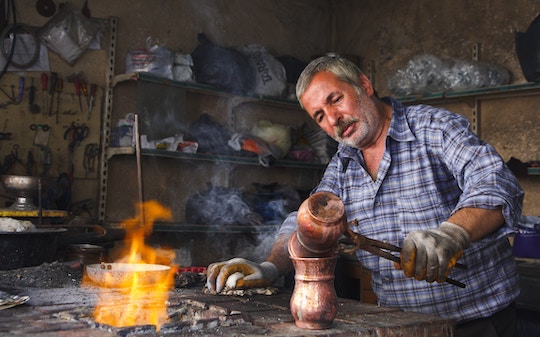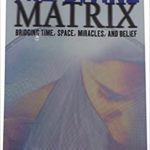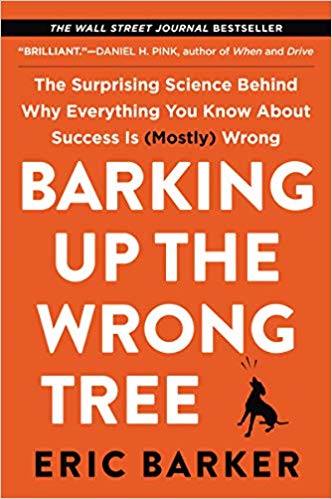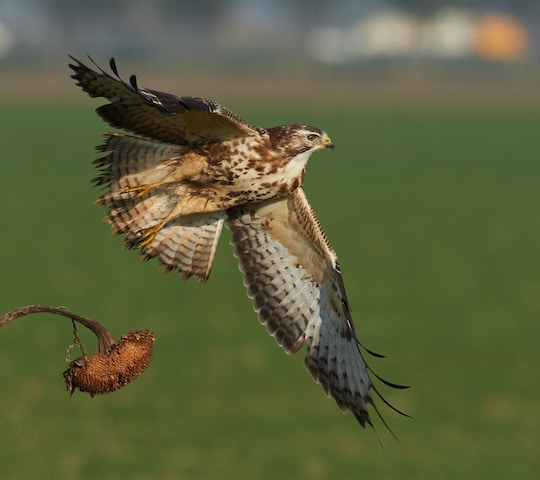“Discipline is the refining fire by which talent becomes ability.”
—Roy L. Smith, 20th Century American Clergyman

Image from Unsplash by Samuel Giacomelli
Heat treatment is the process of heating and cooling metals to change their micro-structure and to bring out the physical and mechanical characteristics that make them more desirable.
Before modern metalworking techniques were invented, blacksmiths used heat to make metal more workable in forming them into the shapes they desired and in making them stronger.
EXERCISE:
Where can and will you apply the fires of greater personal and professional discipline to expand your talents into more masterful abilities?













